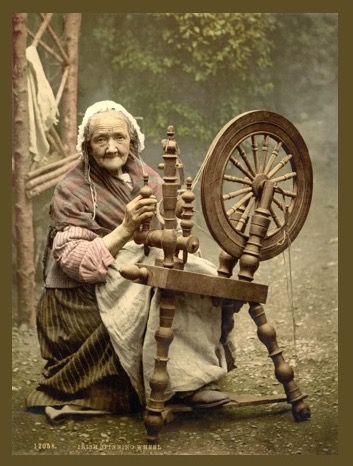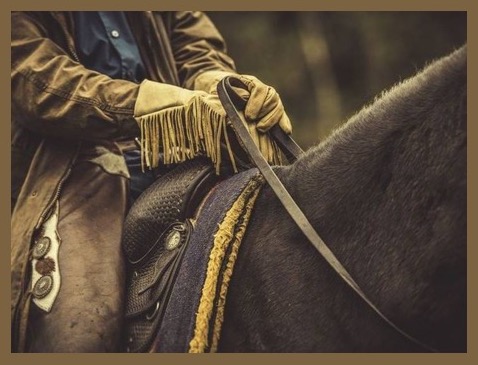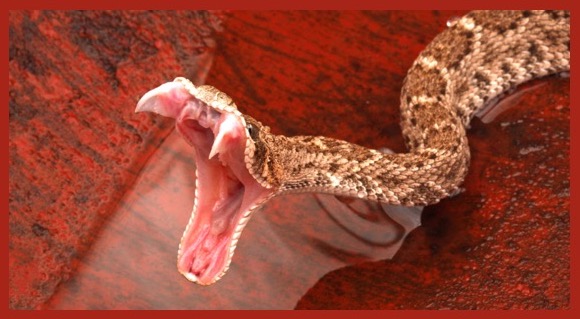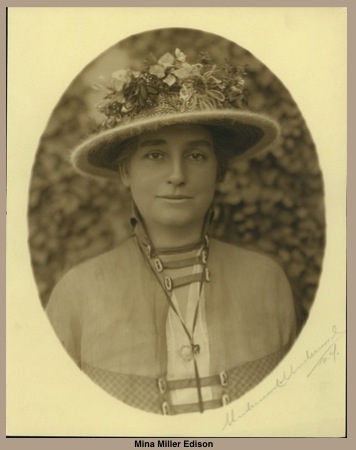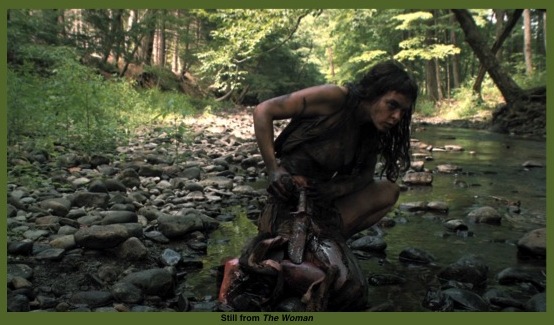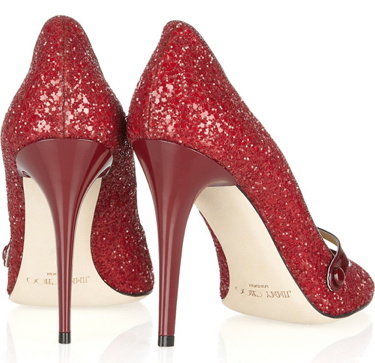
Many have written about the ritual use of shoes, including me. This post isn’t about that, but it is about the fairytale-psyche-soulful aspects of shoes.
I’ve been reading Women Who Run With the Wolves by Clarissa Pinkola Estes again. This is a book I have picked up and put down many times over the years. It’s as chewy as a chocolate caramel candy with almonds and each chunk of it takes a lot of mastication before you can swallow and digest. But it nourishes the soul and I love it. Ms. Pinkola Estes uses fairytales and Jungian analysis to help women reclaim—or never lose in the first place—their wild woman soul, that part of her that yearns for freedom and creativity and a life of standing on her own two feet.
In the chapter, “Self-Preservation: Identifying Leg Traps, Cages, and Poisoned Bait” she does a brilliant analysis of “The Red Shoes.” I’m not going to duplicate that here because, really, she’s already done it only better and I highly recommend reading what she says. However, the chapter does touch upon the special, deep-down meaning shoes have had for millennia.
Shoes send social signals, of course. Often people are judged by what they wear, especially on their feet. “Artists,” Ms. Pinkola Estes says, “often wear shoes that are quite different from those worn by, say, engineers.” However, if we’re talking ancient times, rulers had shoes, peasants didn’t. They were symbols of power. In a southern clime, shoes weren’t as necessary, but in a northern climate, they were vital to survival. Even the poor must find some sort of foot covering to withstand the winter.
The symbol of shoes can be understood as a psychological metaphor; they protect and defend what we stand on—our feet. In archetypal symbolism, feet represent mobility and freedom. In that sense to have shoes to cover the feet is to have the convictions of our beliefs and the wherewithal to act on them. Without psychic shoes a woman is unable to negotiate inner or outer environs that require acuity, sense, caution, and toughness.
It occurs to me when reading this that it might in part explain why so many women in these modern, privileged times tend towards shoe obsessions. Western society is divorced from so many of the soulful aspects of life that we seek that kind of toughness, that sense of freedom and creativity, from the outside in, rather than the inside out. It’s a strategy that can never work longterm. The soulful life is never an outer construct. It requires work, constant work, from the inside. As Ms. Pinkola Estes points out, “red indicates that the process is going to be one of vibrant life, which includes sacrifice.” You can’t buy that ready made. You can’t find your soul in an enormous shoe closet.
She also points out that in ancient matriarchal cultures in India, Egypt, parts of Asia, and Turkey, henna and other red pigments were given to young girls to stain their feet during threshold rites (a term Ms. Pinkola Estes prefers to the male-coined “puberty” or “fertility” rites). Onset of menstruation was one of the biggest of these rites, menarche being the symbolic crossing from childhood to the full power of womanhood. Girls were welcomed into the tribe of women, with all its attendant mystery and power and sacrifice, to become part of a larger group, a soul group, a belonging tribe.*
We in the privileged world no longer cross thresholds in the same way. We stagger through them as individuals, menarche is downgraded to a “curse,” we are made to feel ashamed of our bodies and their natural processes, and seek snake oil patents to cover “embarrassing odors.” We are privileged but deeply impoverished, caught up in a dance that has no meaning but goes on and on until we are exhausted and must amputate our own soles to get some semblance of rest. We are looking to cover our poor, naked soul-feet from the outside in, lining our caves with glittering, shining, must-have ruby slippers.
I have nothing against Jimmy Choo or Marc Jacobs or Van’s. I too have worshipped at the altar of the shoe fetish. But I recognize that the soleful life will never be the soulful life, and I try hard not to mistake the one for the other.
*Ms. Pinkola Estes sites no sources for these observations just gives a generalized bibliography at the end of her book.


